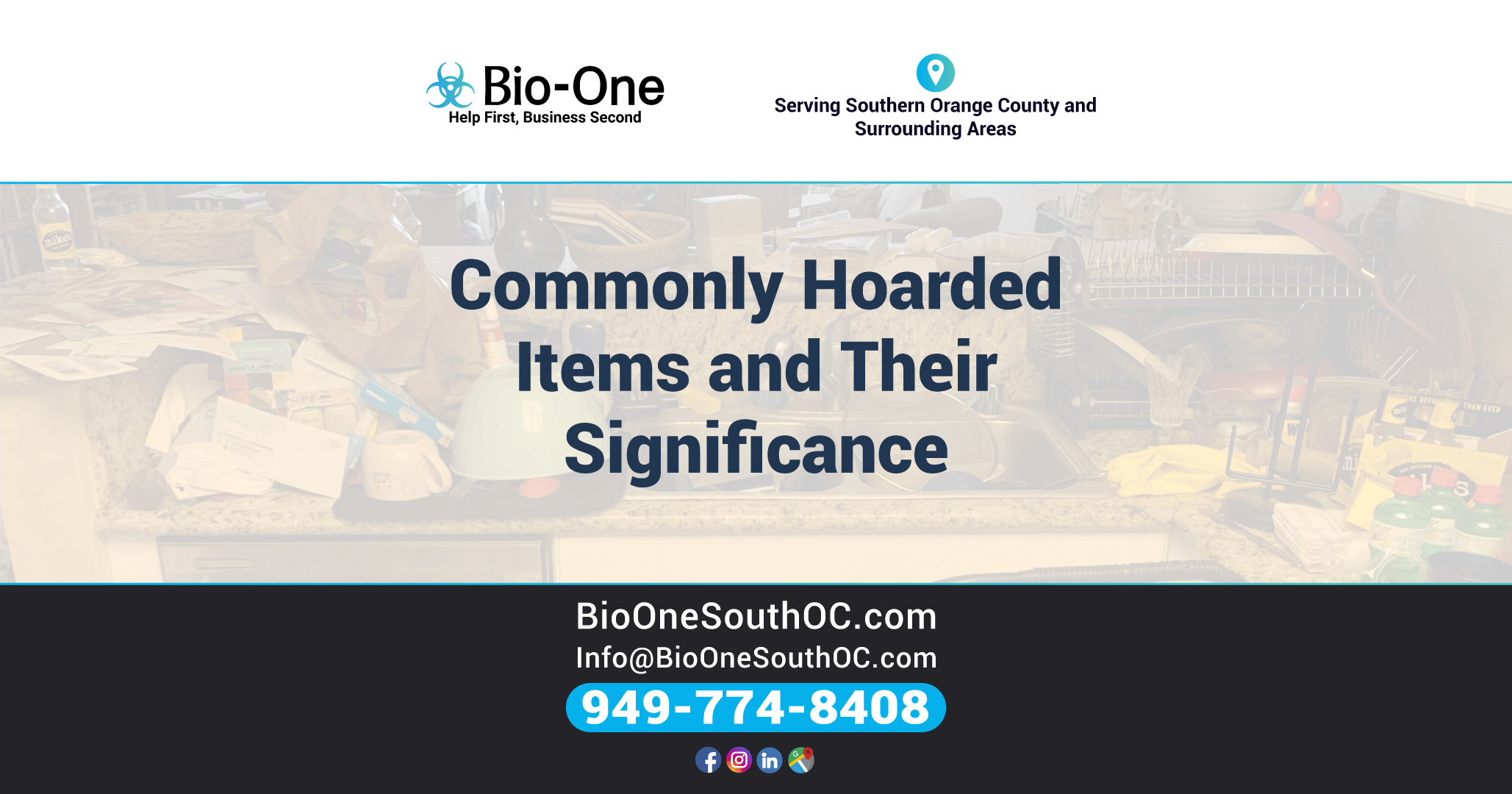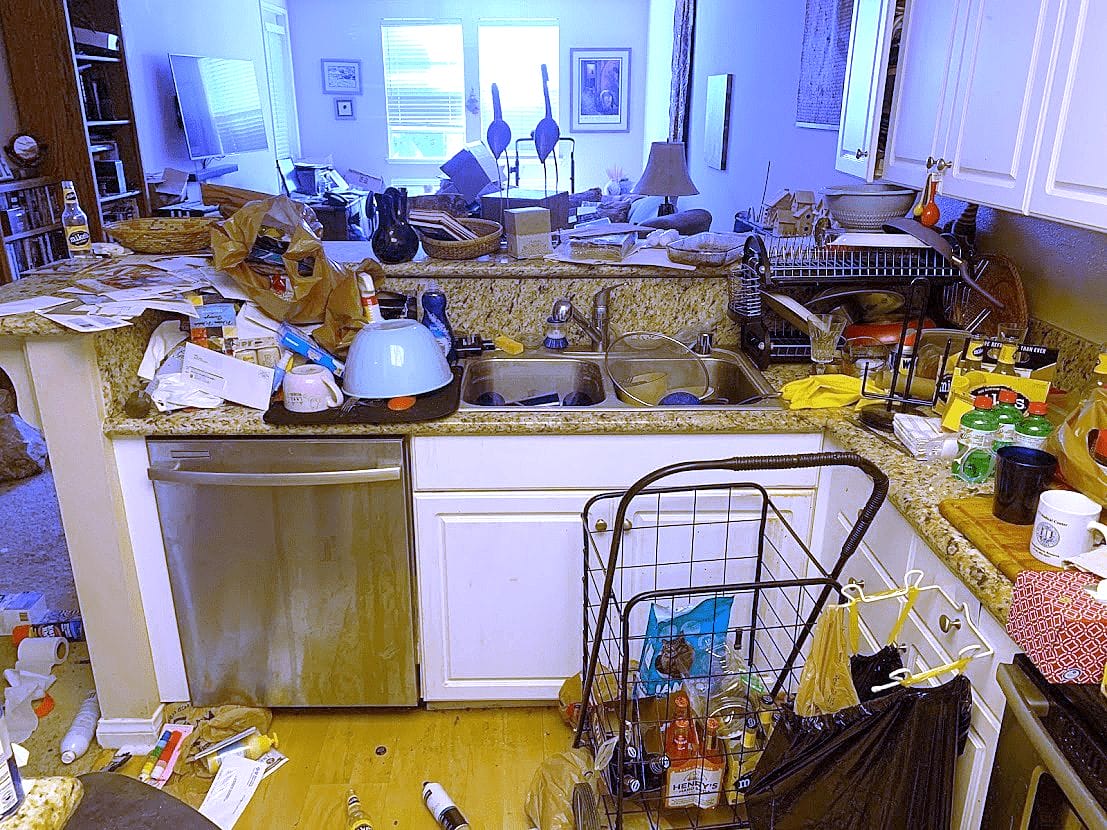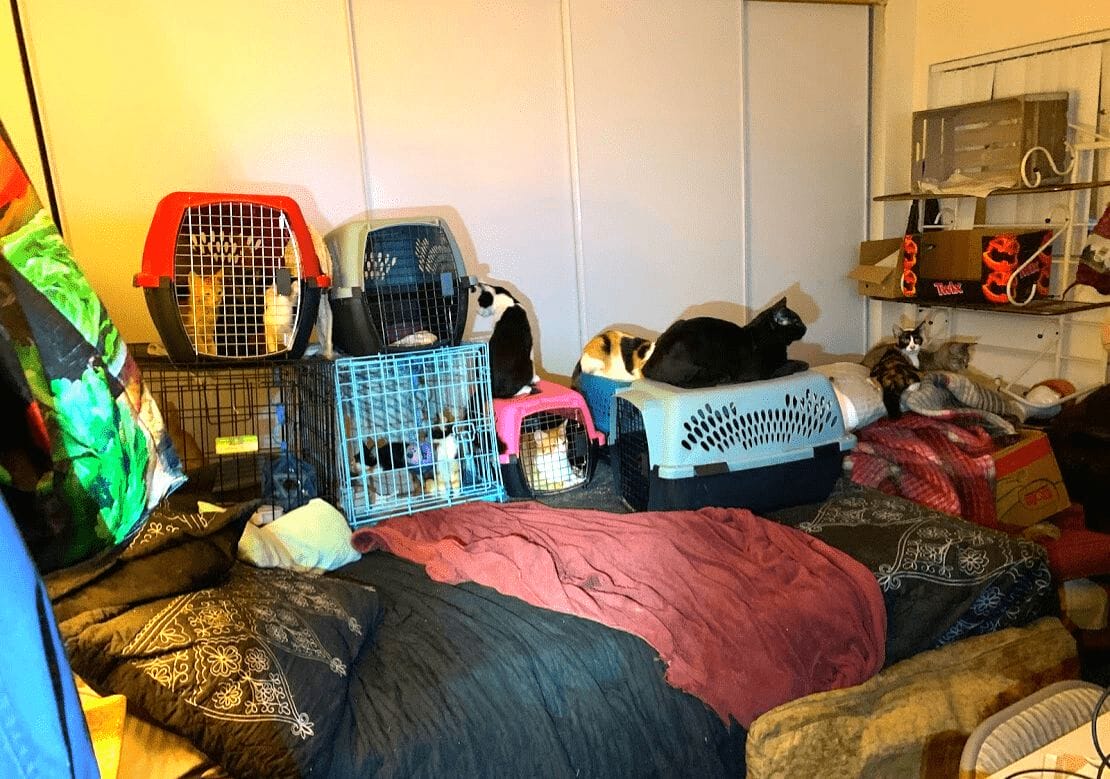
While it's not always clear why people hoard certain items, it's clear that this condition affects many individuals across the globe, more than what people even think. It is a disorder that can range from mild to severe and can negatively impact an individual's quality of life and their relationships with others.
One of the most common symptoms of hoarding is the collection of unnecessary items. Hoarders tend to amass objects that most individuals would consider useless, broken, or outdated. But for hoarders, those objects possess some significance that only they can understand. In this blog post, we will discuss commonly hoarded items and their significance.

Hoarders often feel the need to collect paper items like newspapers, and other forms of packaging like cereal boxes. For some, this can become an obsession as they view these objects as providing them with security or connection to the outside world. It may also be a way for hoarders to express creativity and control over their environment.
Clothing is another common item that hoarders collect. Hoarders tend to keep clothes even if they don't fit, are outdated, or in poor condition. The reason may be that they believe they could use those clothes again someday or that they don't want to let go of clothes imbued with memories. Additionally, clothing may represent the hoarder's personal identity, and throwing it away could create a sense of loss.
Hoarders often accumulate a lot of books, both fiction, non-fiction, and even magazines. The books may represent the hoarder's interests and reading habits. Keeping these books may provide an escape for the hoarder from their current situations. Hoarders may feel that getting rid of books is a waste or a sign of disrespect for literature.
Food hoarding can take many forms, but a common one is stockpiling food. Food hoarding is often linked to OCD and other anxiety disorders. For some, having a stockpile of food provides a sense of security and peace of mind. However, these stockpiles often lead to spoilage and food waste, which is a significant health hazard.
Hoarders also tend to collect items that most people would consider "junk," such as broken appliances, toys, tools, and decorations. These objects may have some significance to the hoarder, such as a memory or a project idea. Additionally, these commonly hoarded items may represent the hoarder's identity, and getting rid of them could feel like a loss.
The issue with animals is more complex than the commonly hoarded items, as it affects other living creatures. Animal hoarders often experience strong emotional bonds with their animals, and this can make it difficult for them to let go. Additionally, these animals may depend on the hoarder and may not be able to survive without them. Hoarders may also see themselves as rescuers or saviors of animals in need, which makes getting rid of them more difficult.

Although hoarding can be a difficult problem to deal with, therapy and support from friends and family can help hoarders manage their compulsions. Having meaningful conversations about why the hoarder is holding onto these items may help them gain insight into why they are hoarding in the first place. With a strong support group, those struggling with hoarding can learn to take control of their lives and free themselves.
Understanding the significance of commonly hoarded items is crucial to address hoarding disorder effectively. Hoarders have emotional attachments to those items that others may not understand. If you or a loved one are struggling with hoarding, it's essential to seek professional help.

At Bio-One of South OC, we have trained professionals to help you with your hoarding problem. Our team can help you or your loved ones declutter and restore your living spaces. Remember that hoarding is a treatable disorder, and you don't have to go through it alone!